
 Instagram
Instagram
The Best Diet for a Healthy Liver

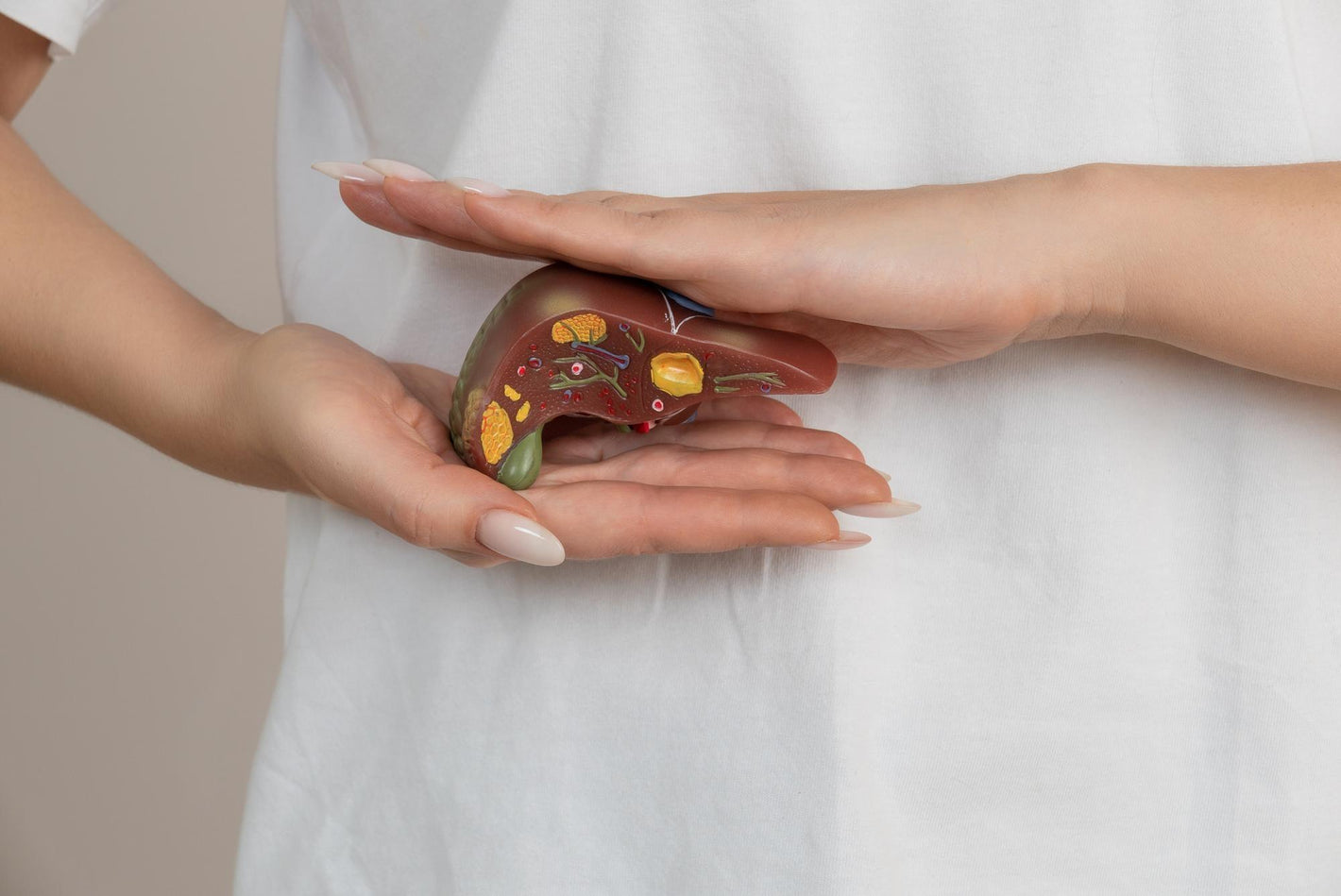
Related products
What’s covered?
Everything you need to know about a liver-friendly diet!
The liver is the metabolic powerhouse of your body. It provides several valuable services to your body. For example, it helps in the filtration of toxins and poisons from the blood, produces bile which helps in the digestion process, metabolises drugs, is involved in protein synthesis and acts as a storehouse for glycogen and minerals, and many more. Given these services, you should worry about anything damaging to your liver. However, what type of problems can the liver face?
A healthier diet, a healthier liver, a healthier you
In 2020, the death rate due to liver cancer and end-stage hepatitis C in England was 20.6 per 100,000 of the population. The most critical liver diseases which affect the functions of the liver are:
- Infectious diseases such as hepatitis (A, B and C)
- Inherited diseases, such as Wilson's disease
- Liver cancer
- Metabolic diseases, for example, fatty liver disease (non-alcoholic fatty liver disease or alcohol-related liver disease)
- Problems caused by poisons and drugs such as cirrhosis
Diet as a new approach to combatting liver disease
Medications for liver diseases are always unpleasant and mostly unsuccessful. Therefore, liver-friendly foods offer another lucrative alternative for reducing the risk of liver disease. As a general guideline, you should avoid any unhealthy food such too salty and fried foods. Instead, eat foods rich in essential amino acids, maintain a healthy body weight and enjoy a healthy lifestyle.
What should a liver-friendly diet look like? What should you add to a healthy diet to make it even more suitable for your liver? Firstly, let us discuss some essential ingredients of a liver-friendly diet.
Foods to reduce the risk of non-alcoholic fatty liver disease
Are you a non-drinker and still have fatty liver disease? You might suffer from obesity, diabetes or hyperlipidaemia.
According to a 2010 study, 80-90% of people with obesity, 30-35% with diabetes, and 90% with hyperlipidaemia were likely to have non-alcoholic fatty liver disease (NAFLD). The liver damage will occur to due excessive accumulation of fats in liver tissue. So, if you have NAFLD, you should modify your diet. The recommended lines of action for these patients would be:
- To lose weight by limiting your fat intake
- To replace the saturated fat and trans fat in your diet with unsaturated (e.g., olive oil) and omega-3 fatty acids-rich diets
- To reduce your sugar intake. It would be wise to decrease the intake of sugars, e.g., glucose and fructose. Table sugar should also be avoided.
- Include different food groups in your diet which have a low glycaemic index (GI), e.g., vegetables, fruits and whole grains. Such foods can help your body to manage blood glucose levels.
Foods to combat liver infections
Germs can gain entry to your liver and cause infections. As the germs enter the body, they have to face your immune system. So any diet plan to prevent liver infection aims to provide a balanced diet that can help your body's natural defences.
It must be understood that food cannot be a substitute for medicine for a hepatitis patient. You must follow a well-balanced diet plan to augment the beneficial effects of drugs.
The diet should include:
- Green vegetables and juicy fruits
- Healthy fats, e.g., olive oil and avocado
- Lean meats, e.g., fish and chicken
- More fibre
- Eat more vegetable proteins, e.g., lentils, kidney beans and baked beans. They will help to heal the scar tissue formed in liver cirrhosis.
- You should avoid cookies, soda drinks, alcohol, salty foods and processed foods.
Enrich your diet with a healthy heart diet to help your liver.
Foods that boost general liver health
Generally speaking, your liver loves the same foods loved by other body parts, e.g., the heart.
The American liver foundation has made the following dietary recommendations to boost liver health:
- Avoid any type of fast food, mainly fried foods
- Limit or end your alcohol intake depending upon the condition of your liver. According to the NHS, the daily dose of alcohol should not be more than 14 units a week.
- Select food from all food groups to include in your diet.
- Drinking plenty of water will help flush out the toxins and refresh your liver.
Examples of best liver healthy diets
Based on the above principles, the following diets/ recipes may help your liver function better.
- Avocado salad - This nutrient-rich fruit provides healthy fat to your body. You can combine it with green leaves to make it fibre rich. Its daily intake will also help you to maintain an ideal weight.
- Provencal carrot salad - Carrots are highly beneficial for the liver, lungs and eyes. They are a rich source of beta-carotene. They are usually combined with mustard, olive oil and lemon. When combined with olives and other salad vegetables, they can be used as an appetiser.
- Collard green salad - Collard green is a cruciferous vegetable and a rich source of magnesium, calcium, folate and vitamins A, C and K. They are a rich source of fibre and have anti-inflammatory and antioxidant properties.
- Vegetable soup - This is easy to make and is a soothing dish. It can be added as an appetiser to your regular diet. Vegetables and mushrooms can be added to them to contribute to your nutrient-rich and liver-friendly meal.
- Coffee - Drinking coffee helps you to lose weight. It is also beneficial for your liver health. A biobank study in the UK in 2021 showed that coffee could improve the clinical outcomes of patients with chronic liver disease.
A balanced diet is essential
The body needs to have a balanced diet for optimal health. For the majority of people, eating healthy foods is the best method to control weight. A well-balanced eating plan helps you remember everything. Getting good nutrition is more than just a few little details. It is a habit of eating and drinking generally healthy all day long. You may also customise them as per your preference.
Bottom-line
The liver is essential for your body's functioning. You can use your diet to improve the efficiency of liver functions. Therefore, you can include some foods in your diet to help your liver. Although this diet will not substitute western medicine, you are likely to have a reduced risk of liver failure.

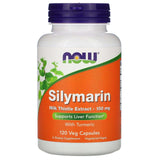
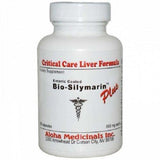


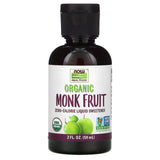




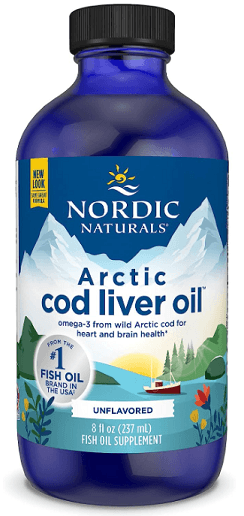
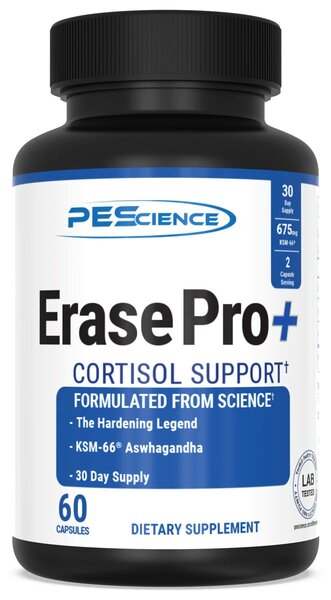


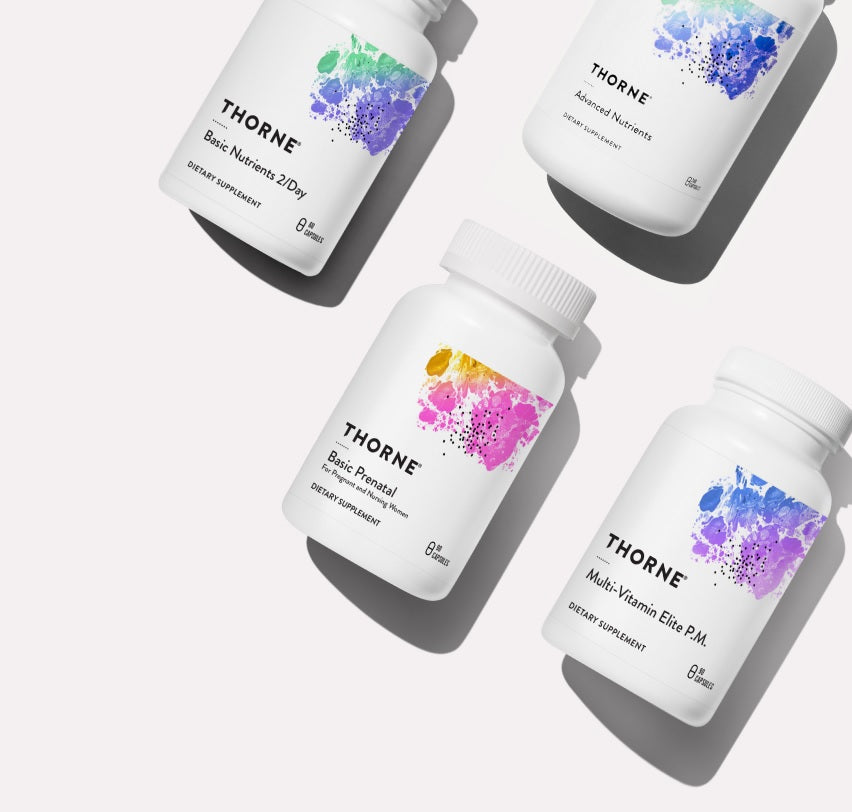

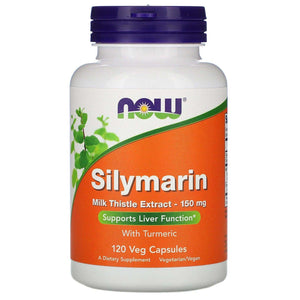
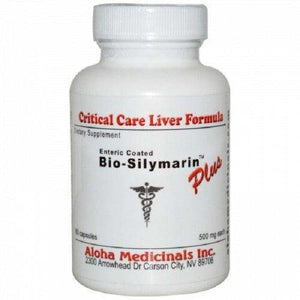











 Rated Excellent by 26,523+ Reviews
Rated Excellent by 26,523+ Reviews